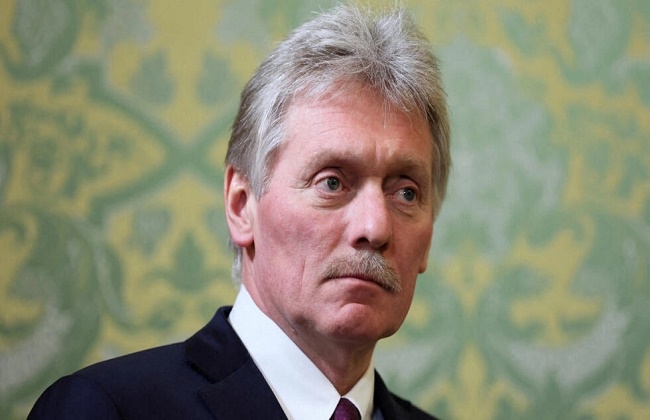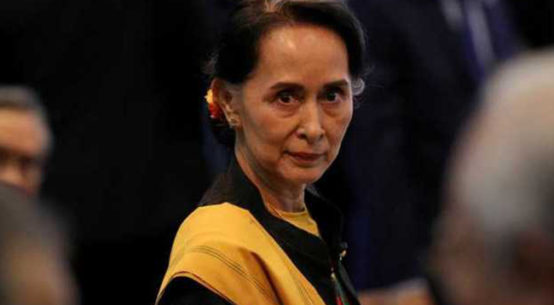
Russian President Vladimir Putin will visit North Korea and Vietnam in the coming weeks, the Vedomosti newspaper reported on Monday, citing a diplomatic source.
Russian ambassador to North Korea Alexander Matsegora confirmed to Vedomosti that the president’s visit to Pyongyang will happen and is being “actively prepared”.
The newspaper said Putin could visit Vietnam as early as June and most likely immediately after his visit to North Korea.
North Korean leader Kim Jong Un visited Russia last September for talks with Putin. He toured Russia’s Vostochny space launch centre in the far east, and Putin promised to help North Korea build satellites.
The Kremlin has said Russia wants to build a partnership with North Korea “in all areas” but has yet to confirm the date of the visit.
Russia has stepped up ties with North Korea and other countries hostile to the United States such as Iran since the start of the war with Ukraine – relations that are a source of concern to the West.
The United States and Ukraine in January accused Russia of firing North Korean-supplied short-range ballistic missiles at Ukraine, something Russia declined to confirm or deny.
Vedomosti said Putin and Kim may discuss whether Russia will bring in migrant workers from North Korea. Russia is suffering acute labour shortages because of the Ukraine war; many hundreds of thousands of men have either gone to fight or fled abroad to avoid being mobilised.
Putin’s only previous trip to North Korea was in 2000, the first year of his presidency.
Vedomosti quoted Russia’s trade representative in Vietnam as saying last month that the most pressing trade issue between the two countries was banking support for settling payments.
Last week’s trip to Moscow by a North Korean delegation led by Foreign Minister Choe was a follow-up to the Russia-North Korea summit last September. It was intended to further the “friendship and cooperation” between the two countries “which have been consolidated in all trials and storms of history,” according to the North Korean ministry’s statement.
Both sides said they were concerned by the “negative influence of the U.S. and its allied forces’ irresponsible and unjust provocative acts,” threatening the sovereignty of North Korea, according to the statement.


